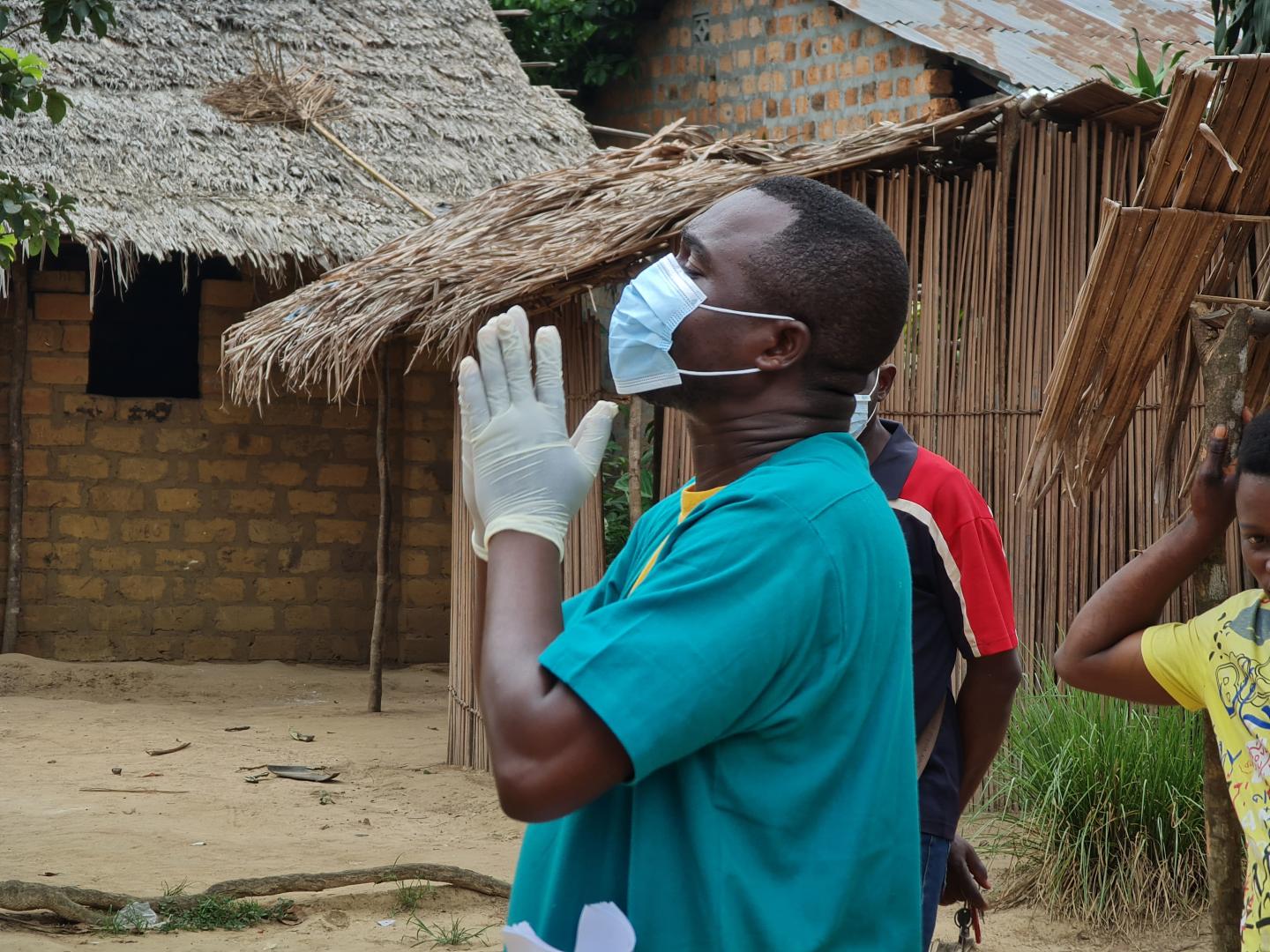
Ever wondered about Ebola, that mysterious illness you've heard about on the news? Well, buckle up, because we're about to dive into some truly astonishing facts about this virus. Ebola isn't just another sickness; it's a tale of survival, science, and the incredible efforts of healthcare workers around the globe. From its origins to how it spreads and the groundbreaking research aimed at stopping it in its tracks, there's a lot to uncover. Ebola might sound scary, but armed with the right info, we can all feel a bit more prepared and informed. Ready to get the lowdown on one of the most talked-about viruses in recent history? Let's get started!
Key Takeaways:
- Ebola is a deadly virus that spreads through contact with infected animals or people. Preventive measures and ongoing research are crucial for controlling outbreaks and saving lives.
- Surviving Ebola is possible with improved medical care and experimental treatments. Research into Ebola also helps us understand and combat other infectious diseases, highlighting the importance of global health cooperation.
Understanding Ebola: What Is It?
Ebola, a name that evokes fear and curiosity, refers to a severe, often fatal illness in humans caused by the Ebola virus. This virus is known for its outbreaks in several African countries, leading to significant health crises.
-
Ebola virus disease (EVD), formerly known as Ebola hemorrhagic fever, is a rare but severe condition that can lead to death if untreated.
-
The virus first appeared in 1976 in two simultaneous outbreaks in Nzara, Sudan, and in Yambuku, Democratic Republic of Congo. The latter occurred near the Ebola River, from which the disease takes its name.
Transmission and Symptoms
Understanding how Ebola spreads and what symptoms it causes is crucial for prevention and treatment.
-
Ebola is transmitted to people from wild animals and spreads in the human population through human-to-human transmission. The virus can spread through direct contact with blood or bodily fluids of a person who is sick with or has died from Ebola, or from objects contaminated with these fluids.
-
Initial symptoms of Ebola include fever, fatigue, muscle pain, headache, and sore throat. These are followed by vomiting, diarrhea, rash, symptoms of impaired kidney and liver function, and in some cases, both internal and external bleeding.
Outbreaks and Impact
Ebola outbreaks have had a profound impact on the communities they affect, often leading to widespread panic and significant challenges for public health systems.
-
The largest Ebola outbreak in history occurred in West Africa between 2014 and 2016. It significantly affected Guinea, Liberia, and Sierra Leone, with over 28,000 cases and 11,000 deaths.
-
Outbreaks of Ebola are challenging to control because the virus spreads quickly in healthcare settings, and affected areas often have weak healthcare systems.
Prevention and Treatment
While there is no cure for Ebola, understanding preventive measures and available treatments is essential for controlling outbreaks.
-
Preventive measures include avoiding contact with infected animals, wearing protective clothing, and washing hands regularly. Healthcare workers must use personal protective equipment when treating patients.
-
In December 2016, a vaccine called rVSV-ZEBOV was found to be highly protective against the Ebola virus in a major trial conducted in Guinea. This vaccine is now used in outbreak responses to protect people at high risk of infection.
Ebola's Global Significance
Ebola's impact goes beyond the immediate health crisis, affecting economies, societies, and even international relations.
-
The 2014-2016 Ebola outbreak in West Africa highlighted the need for global cooperation in health crises. It led to significant investments in health infrastructure and emergency response mechanisms in affected countries.
-
Ebola outbreaks have prompted research into new vaccines and treatments, leading to advances in virology and infectious disease control.
Surviving Ebola
Surviving Ebola is a testament to the human spirit and the advancements in medical science.
-
Survivors of Ebola may experience post-recovery symptoms, including joint pain, vision problems, and fatigue. These are known as post-Ebola syndrome.
-
Despite the high fatality rate, the survival rate has improved with better supportive care and the use of experimental treatments, including antiviral drugs and blood transfusions from survivors.
The Future of Ebola Research
The fight against Ebola continues, with ongoing research into vaccines, treatments, and better ways to manage outbreaks.
-
Scientists are working on developing more effective treatments for Ebola, including antiviral drugs that can target the virus more effectively.
-
Research into Ebola also helps in understanding other hemorrhagic fevers and emerging infectious diseases, providing valuable insights into how to combat similar threats in the future.
-
With each outbreak, lessons are learned about how to better detect, respond to, and prevent future occurrences of Ebola, demonstrating the importance of global health vigilance and cooperation.
A Final Glimpse at Ebola's Mysteries
Ebola's not just another headline; it's a complex virus with a story that's both fascinating and harrowing. From its mysterious origins in the dense forests of Africa to the global efforts aimed at containing its spread, each fact about Ebola adds layers to our understanding of this formidable foe. Scientists and healthcare workers continue to battle against outbreaks, armed with better knowledge and tools than ever before. Awareness and education play crucial roles in prevention, making discussions like these vital. Remember, knowledge empowers us to act swiftly and effectively, turning the tide in the fight against diseases like Ebola. So, let's keep the conversation going, stay informed, and support those on the front lines. Together, we can make a difference in the ongoing battle against Ebola and other emerging threats.
Frequently Asked Questions
Was this page helpful?
Our commitment to delivering trustworthy and engaging content is at the heart of what we do. Each fact on our site is contributed by real users like you, bringing a wealth of diverse insights and information. To ensure the highest standards of accuracy and reliability, our dedicated editors meticulously review each submission. This process guarantees that the facts we share are not only fascinating but also credible. Trust in our commitment to quality and authenticity as you explore and learn with us.


